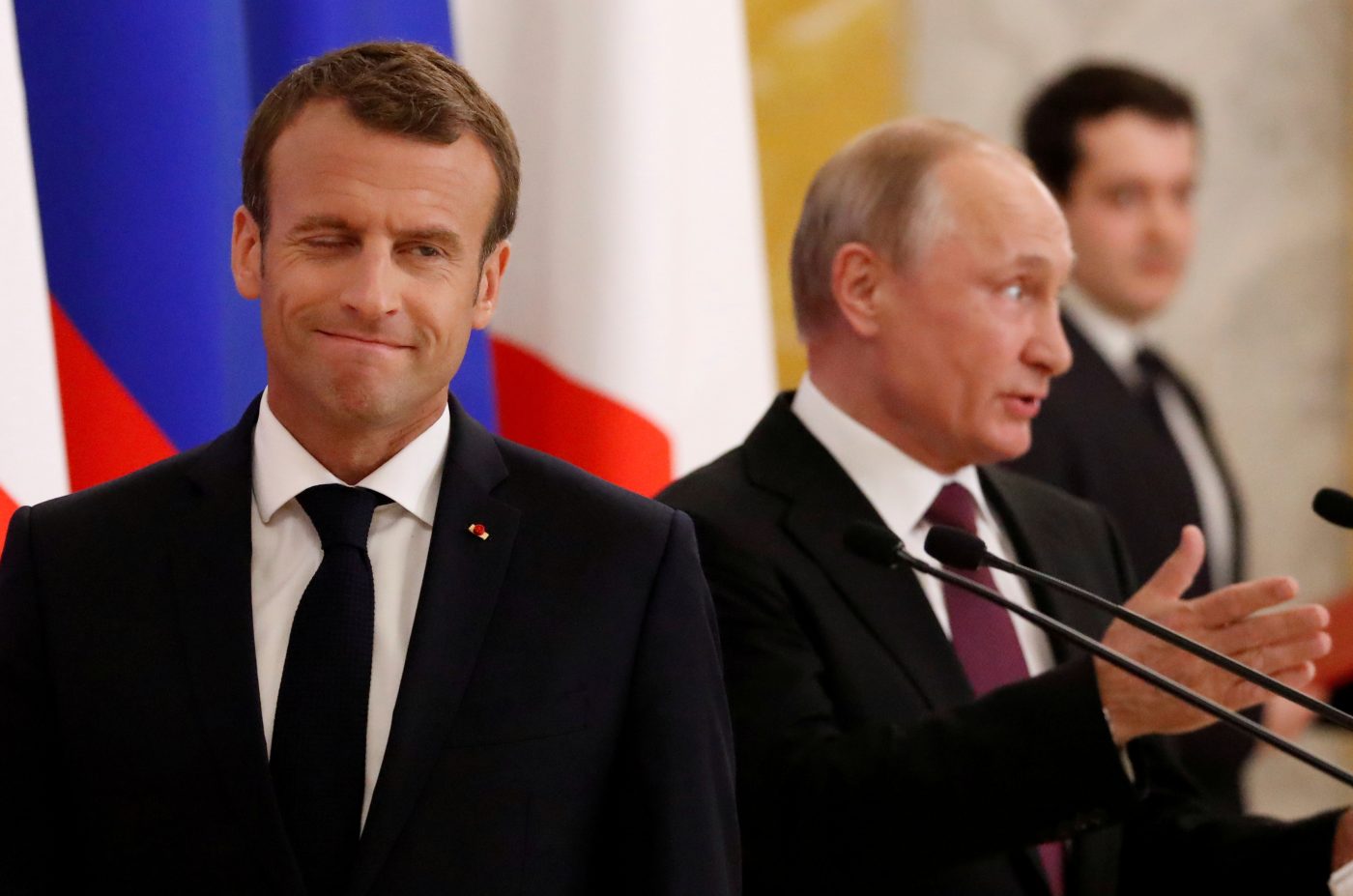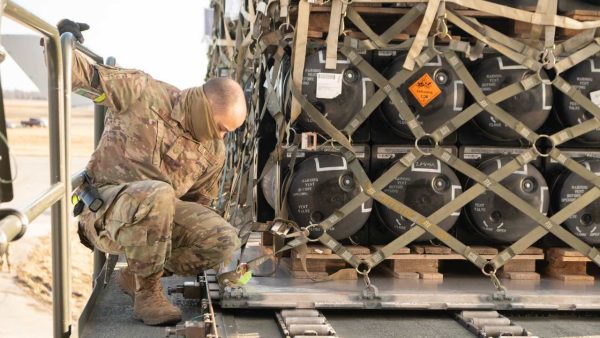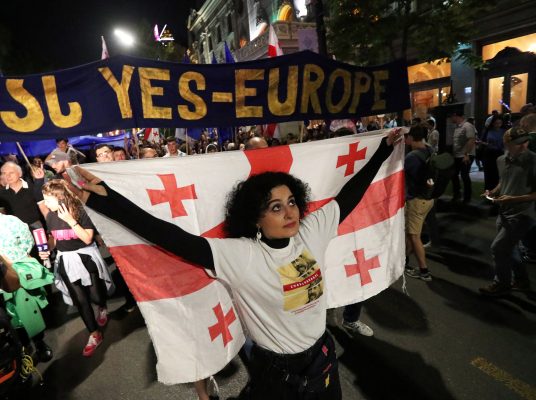French policy on Ukraine is often wrong but never dull. The Normandy format and the resulting Minsk agreements following Russia’s initial attack on Ukraine in 2014 exemplified the “we know best” approach of the old Western countries with regard to Russian imperialism. President Emmanuel Macron, never plagued by modesty, believed he could avert full-scale war by talking to Vladimir Putin. Even when brazenly lied to, the French leader still cherished hopes of a diplomatic solution, warning in the summer of 2022 that Russia should not be humiliated: it was France’s role to mediate, he said.
Last month, Macron dropped a bombshell, saying that Russia’s defeat was “indispensable” for Europe’s stability and security and that France would do “whatever it takes for as long as it takes”. He did not exclude sending ground troops to Ukraine. This gained instant support from hawkish frontline countries like Lithuania but opened a diplomatic rift with the German government, which is pandering to a population that is war-shy to the point of neurosis. It also has long lost patience with Macron’s grandstanding. Germany’s economy minister Robert Habeck retorted that real bombshells might be more useful than rhetorical ones. Germany is the second-biggest donor to Ukraine, though Chancellor Olaf Scholz is dithering over the provision of vital Taurus long-range missiles. By mid-January, Germany had given €17.7bn ($19.3bn) against just €640m from France. Macron responded with an implied criticism that Germany was being “cowardly.”
Cynics scented opportunism. With America deadlocked, Germany divided and Britain absent, France sees a leadership vacuum. Without substance, this is just more showboating by an incurably vain and self-important French leader. Given a few weeks he will be jetting off to Moscow in the hope of negotiating a ceasefire. Other critics fear he had jinxed important ideas by floating them in the wrong way.
The Weimar Triangle (France-Germany-Poland) summit last week offered a chance to patch things up with synchronized multilingual social media posts and a cheery photo-op. On the plane home, Macron outlined his ideas further in an interview, saying:
“Perhaps at some point—I don’t wish it, and won’t initiate it—we’ll have to have operations on the ground, whatever they may be, to counter Russian forces. France’s strength is that we can do it.”
Clear? Perhaps not. But Macron has usefully broken a taboo on what it will take to make Ukraine win. Raising the specter of Ukrainian defeat, with its catastrophic consequences for Europe, concentrates minds, not least at home. His far-right rival, the presidential contender Marine Le Pen, broke with her previous pro-Kremlin line to praise Ukraine and lambast Russia. Similarly, a leading leftwinger, François Ruffin, criticized the president for zig-zags, but not for the principle of supporting Ukraine and resisting Russia.
The most important audience for all this is in the Kremlin. Russia’s theory of victory assumes Western division and weakness. Despite their economic strength, the Western countries do not have the political muscle to stay determined and united. They will fail to provide Ukraine with the weapons and money that it needs. And they are terrified of escalation. Either Ukraine will be beaten into submission, or the Western countries will arm-twist it into a deal.
Just as inaction in US, Germany and some other countries seemed to be confirming those assumptions, Macron’s stance upends them. Ukraine’s current difficulties call for more support, not defeatism. He is not afraid of escalation; indeed he publicly considers it. The paint may splash a bit, but broad-brush strokes are much more effective than the manicured red lines drawn in Washington, DC that have so badly constrained Western responses so far.
Europe’s Edge is CEPA’s online journal covering critical topics on the foreign policy docket across Europe and North America. All opinions are those of the author and do not necessarily represent the position or views of the institutions they represent or the Center for European Policy Analysis.





